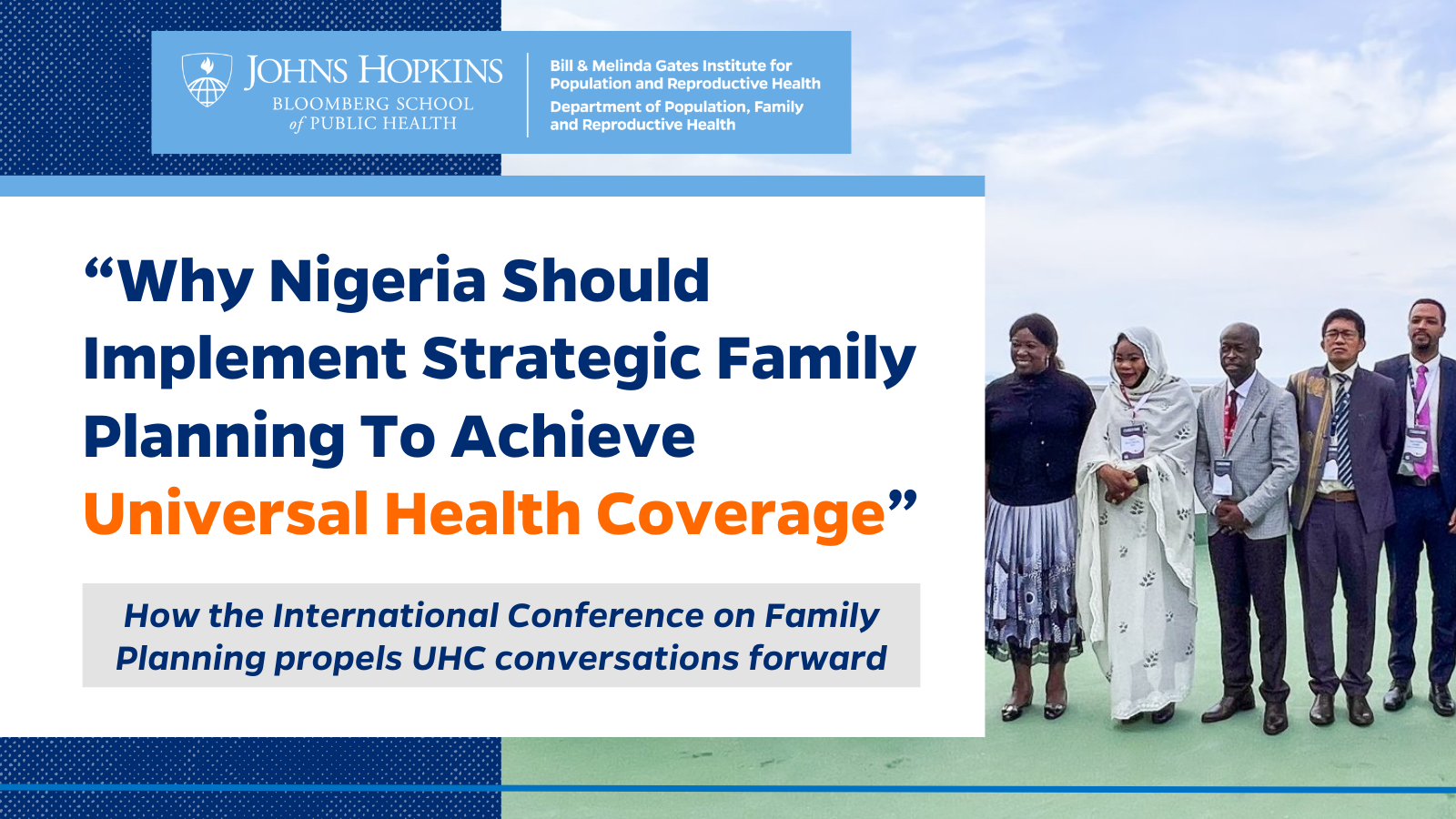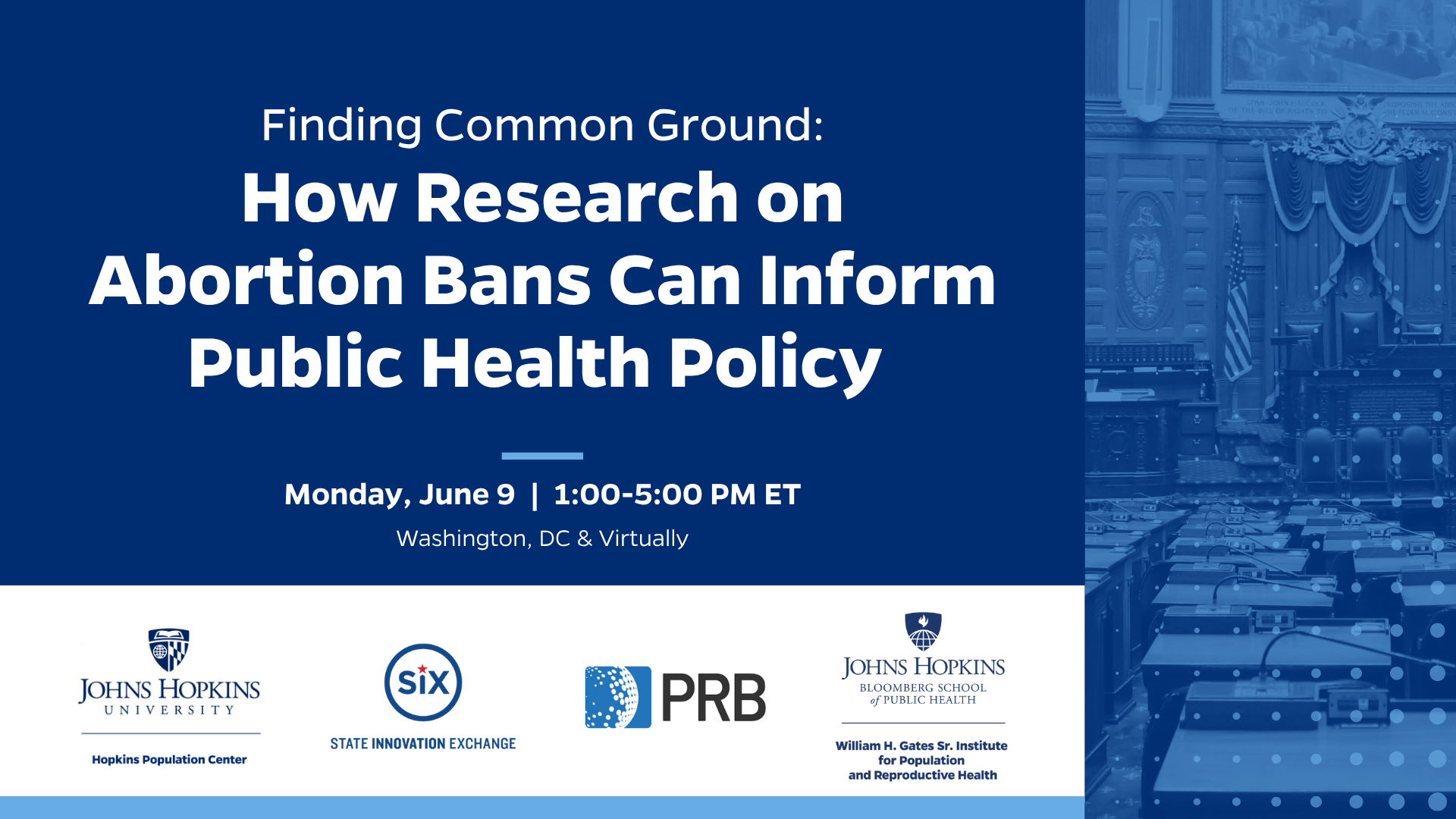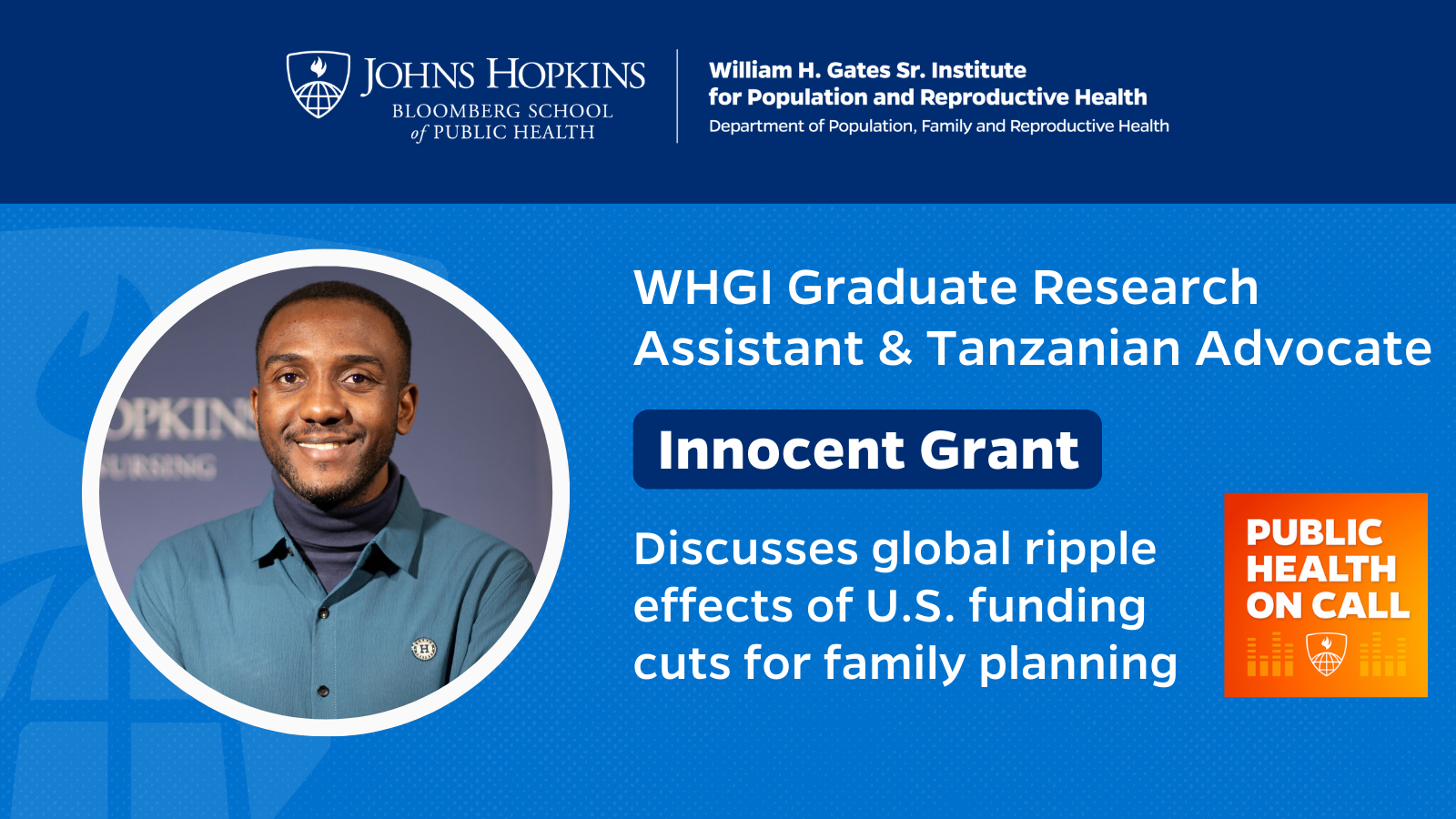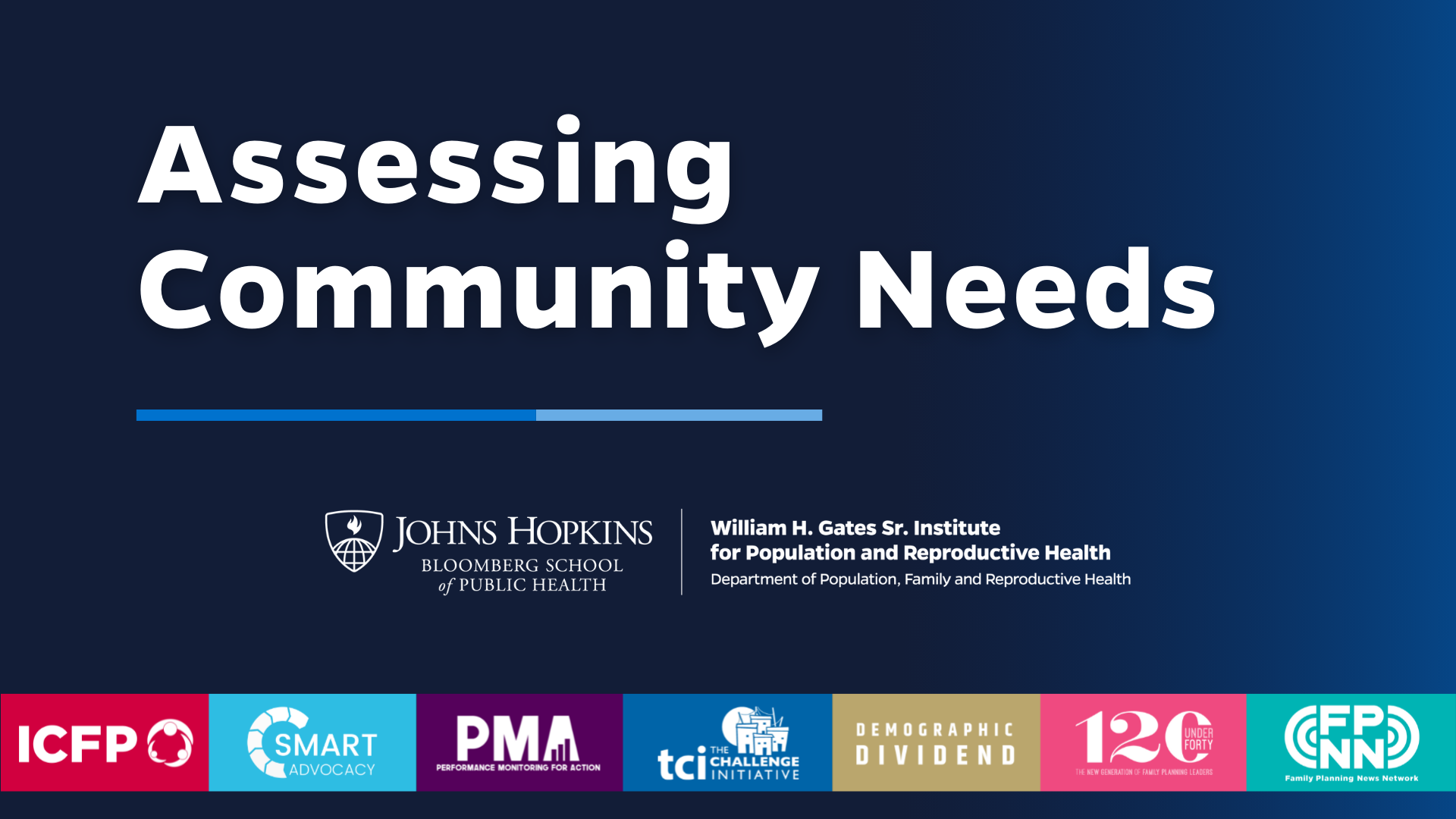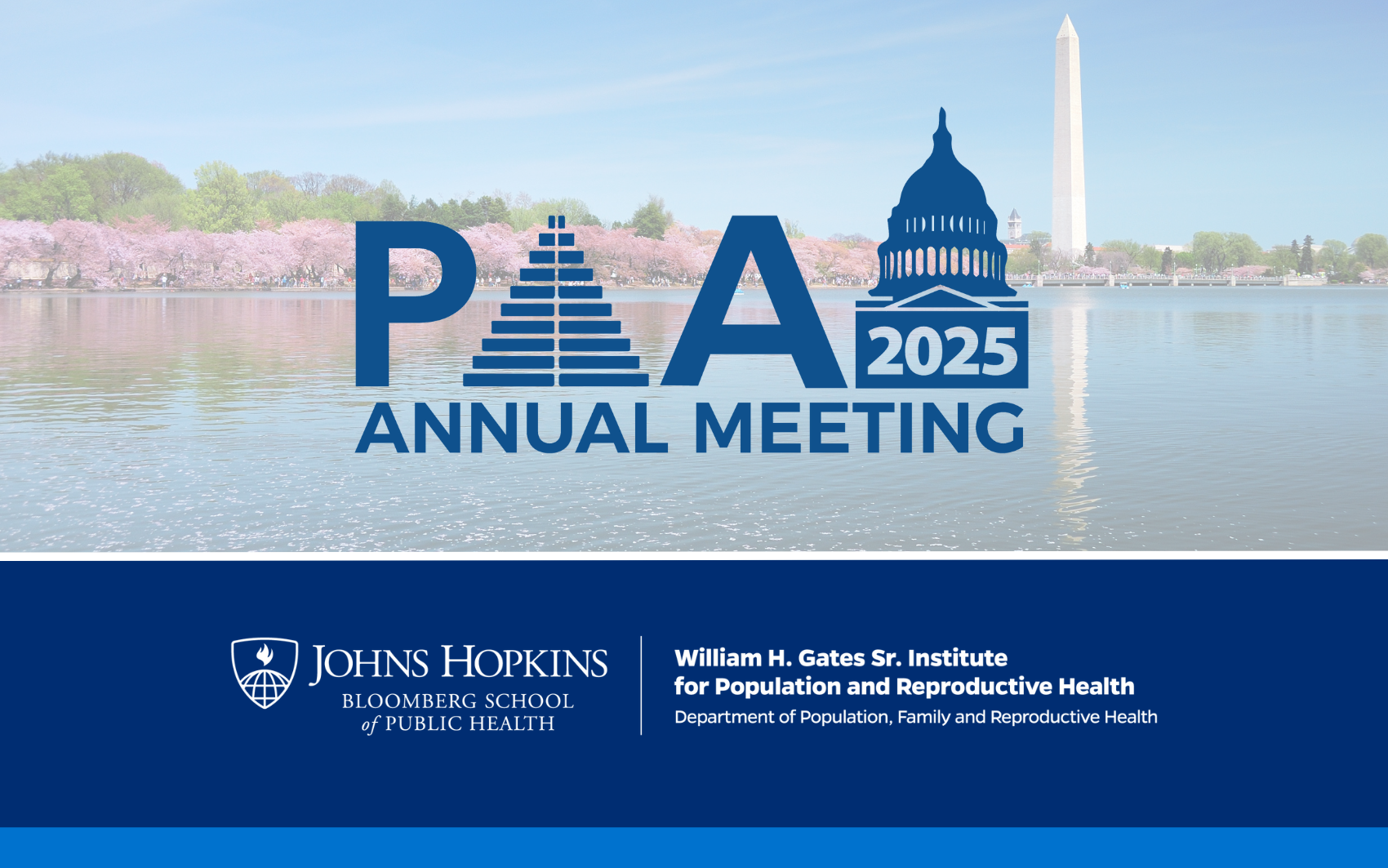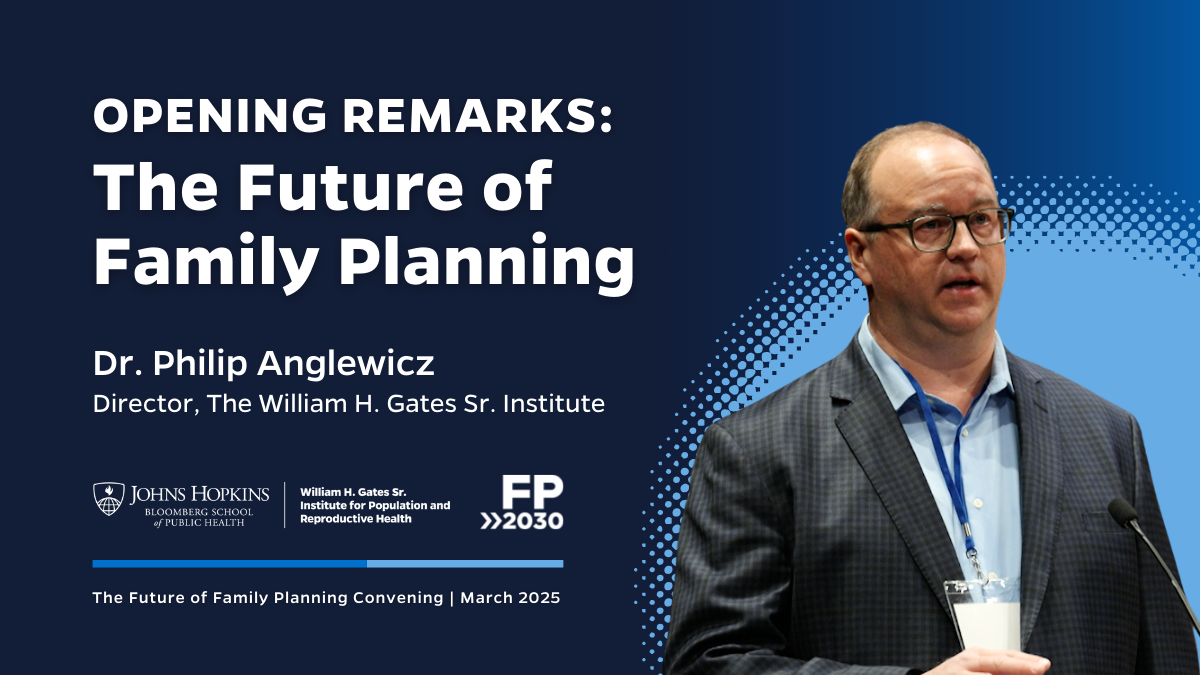In a recent article, The Independent Nigeria highlighted how the latest International Conference on Family Planning (ICFP) hosted in Pattaya City, Thailand in November 2022 provided a platform for important, country-specific conversations aimed at fostering healthy populations.
Notably, ICFP2022 underscored the crucial role of family planning in Nigeria‘s pursuit of Universal Health Coverage (UHC) and the Sustainable Development Goals (SDGs).
Addressing Demographic Challenges
Set against a backdrop of the global population surpassing eight billion, ICFP2022 spotlighted concerns about disparities in access to essential goods and services.
As result, the topic of the demographic dividend—the boost in economic growth that can result from changes in a country’s population age structure—was once again prominent across many ICFP events and sessions.
Additionally, at the ICFP opening ceremony, UN Secretary-General António Guterres emphasized the importance of closing the gap between affluent and disadvantaged populations. Dr. Natalia Kanem, UNFPA Executive Director, stressed the inalienability of reproductive health rights and data-driven solutions.
Advancing Family Planning for a Healthier Nigeria
Nigeria, a country with a complex history of misconceptions about family planning, reaffirmed its FP2030 commitment at ICFP2022. Despite this commitment, societal, cultural, political, and religious barriers persist, hindering access to safe and affordable family planning information and services. Confronting these obstacles is crucial to achieving UHC and meeting SDGs and FP2030 commitments.
As a global convening, ICFP makes it possible for delegates from around the world to collaborate on finding solutions to challenges around sexual and reproductive health and rights (SRHR). Nigeria’s case is just one example of how imperative it is for representatives from different countries and regions to come together to discuss the steps needed to make family planning—and universal health coverage—a reality for all.
Read the full article published 1 September 2023 in The Independent here.

